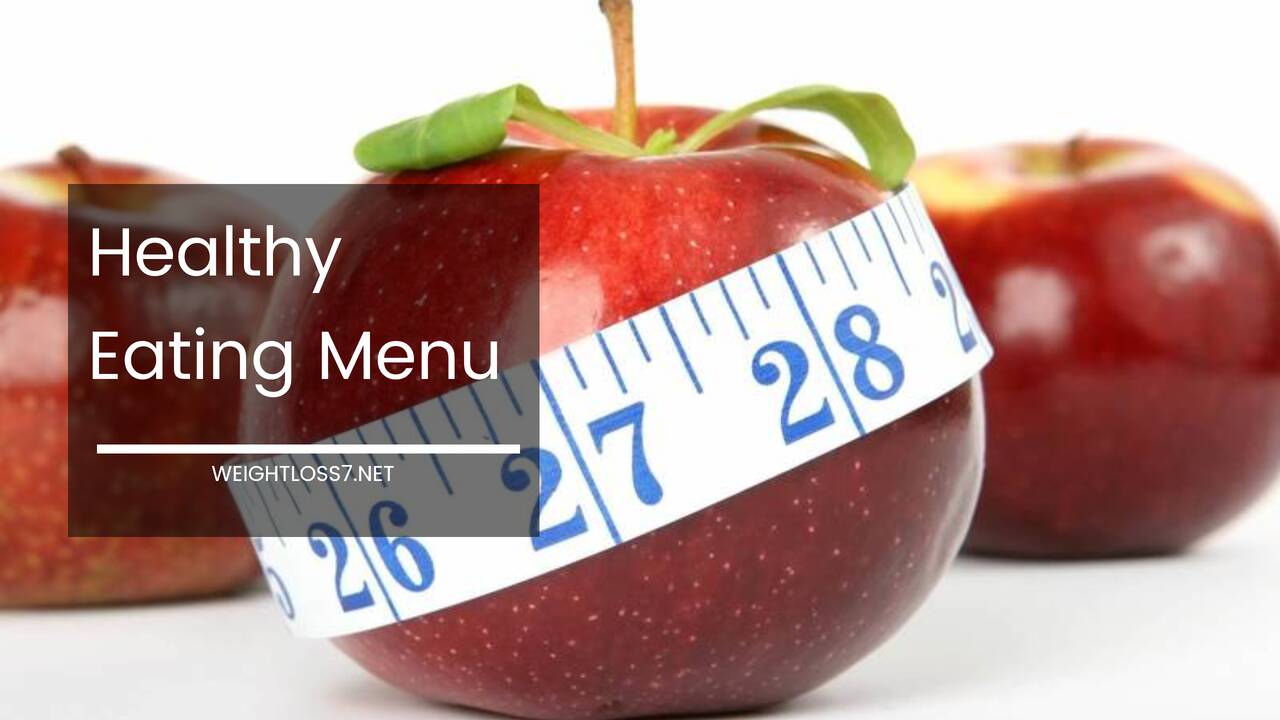The Importance of Vitamin B12: A Comprehensive Guide

Vitamin B12
Vitamin B12, also known as Cobalamin, is a water-soluble vitamin that plays a crucial role in maintaining a healthy body.
It is one of the essential B vitamins, and its functions are diverse and far-reaching. In this comprehensive guide, we will explore the multifaceted importance of vitamin B12, its sources, absorption, deficiency symptoms, and the groups of individuals most at risk of deficiency.
I. About Vitamin B12
Vitamin B12 is often overshadowed by other nutrients in the vitamin B complex, such as B6 and folic acid, but its significance should not be underestimated.
This vitamin is unique because it contains a cobalt atom at its center, which is why it is called Cobalamin. It is an essential nutrient, which means the body cannot produce it on its own and must obtain it from dietary sources.
II. Functions of Vitamin B12
Vitamin B12 is involved in numerous vital functions in the body. Let’s delve deeper into its roles:
A. Energy Production
One of the primary functions of vitamin B12 is its role in energy production. It aids in the conversion of carbohydrates, fats, and proteins from the food we consume into energy.
This process is essential for providing the body with the energy it needs to carry out various daily activities.
B. Red Blood Cell Health
Vitamin B12 is crucial for the production and maintenance of healthy red blood cells. Red blood cells are responsible for transporting oxygen from the lungs to every cell and tissue in the body.
Without sufficient vitamin B12, the red blood cells may become abnormally large and less effective at carrying oxygen, leading to a condition known as megaloblastic anemia.
C. Immune System Support
A lesser-known role of vitamin B12 is its contribution to a well-functioning immune system.
It is necessary for the proper functioning of white blood cells, which are integral components of the body’s defense mechanism against infections and diseases. A strong immune system is essential for overall health and well-being.
D. Nerve Cell Protection
Vitamin B12 plays a critical role in creating the protective covering known as the myelin sheath around all nerve cells in the body.
This myelin sheath is crucial for the proper functioning of nerves, especially in the brain and spinal cord. Insufficient vitamin B12 can lead to neurological issues, including tingling sensations, numbness, and cognitive problems.
III. Sources of Vitamin B12
While vitamin B12 is essential, it is not found in all types of foods. It is primarily present in animal-based foods, which include:
- Meat: Beef, pork, lamb, and poultry are excellent sources of vitamin B12.
- Fish: Fish like salmon, trout, tuna, and sardines are rich in vitamin B12.
- Dairy Products: Milk, cheese, and yogurt contain vitamin B12, making them suitable options for vegetarians who include dairy in their diets.
- Eggs: Eggs are another source of vitamin B12.
While these animal-based foods are the most common sources of vitamin B12, it can also be found in smaller amounts in some plant-based foods, primarily through fortification.
Many breakfast cereals, plant-based milk alternatives (like almond milk or soy milk), and nutritional yeast products are fortified with vitamin B12. However, these sources may not provide as much vitamin B12 as animal-based options.
IV. Absorption of Vitamin B12
The absorption of vitamin B12 is a complex process that requires several steps and the involvement of various organs in the digestive system. Here’s how it works:
- Stomach Acid and Pepsin: The first step in vitamin B12 absorption occurs in the stomach. Stomach acid (hydrochloric acid) and an enzyme called pepsin are essential for releasing vitamin B12 from the proteins in food.
- Intrinsic Factor: After vitamin B12 is released from food, it binds to a protein called intrinsic factor, which is produced by cells in the stomach lining. Intrinsic factor is crucial for the absorption of vitamin B12 in the small intestine.
- Small Intestine Absorption: In the small intestine, the vitamin B12-intrinsic factor complex is absorbed into the bloodstream. This absorption primarily takes place in the ileum, the last part of the small intestine.
- Transport to Body Tissues: Once absorbed, vitamin B12 is transported through the bloodstream to various tissues and organs where it is utilized for its various functions.
It’s important to note that this complex absorption process can be disrupted in certain medical conditions or as a result of aging.
Conditions that affect the stomach lining, such as pernicious anemia, can hinder the production of intrinsic factor, leading to vitamin B12 deficiency.
V. Vitamin B12 Deficiency
Vitamin B12 deficiency is a condition that occurs when the body does not receive an adequate supply of vitamin B12.
This deficiency can lead to a range of health issues, and its symptoms can vary in severity. Some common signs and symptoms of vitamin B12 deficiency include:
- Fatigue: A lack of vitamin B12 can result in a constant feeling of tiredness and weakness.
- Pale or Jaundiced Skin: Anemia, which can be caused by vitamin B12 deficiency, can lead to pale or jaundiced (yellowish) skin.
- Shortness of Breath: Anemia can also cause shortness of breath and dizziness.
- Tingling Sensations: Vitamin B12 deficiency can result in tingling or numbness in the hands and feet.
- Cognitive Issues: In more severe cases, vitamin B12 deficiency can lead to cognitive problems, memory loss, and difficulty concentrating.
- Mood Changes: Changes in mood, including depression and irritability, may be associated with vitamin B12 deficiency.
- Difficulty Walking: Severe deficiency can affect balance and coordination, making walking and other motor skills challenging.
- Glossitis: Inflammation of the tongue, known as glossitis, can occur with vitamin B12 deficiency, leading to a swollen, red, and painful tongue.
It’s important to recognize that vitamin B12 deficiency can develop gradually over time, and symptoms may not be immediately apparent.
This makes regular check-ups and monitoring of vitamin B12 levels crucial, especially for individuals at higher risk of deficiency.
VI. Groups at Risk of Vitamin B12 Deficiency
Several groups of people are more susceptible to developing vitamin B12 deficiency. Understanding these risk factors can help identify individuals who may need to pay closer attention to their vitamin B12 intake:
A. Vegetarians and Vegans: Since vitamin B12 is primarily found in animal-based foods, strict vegetarians (vegans) who do not consume any animal products are at risk of deficiency. Vegetarians who include dairy and eggs in their diets have a lower risk but should still monitor their vitamin B12 intake.
B. Older Adults: As people age, the production of stomach acid and intrinsic factor can decrease. This can affect the absorption of vitamin B12, making older adults more susceptible to deficiency.
C. Individuals with Gastrointestinal Conditions: Conditions that affect the stomach lining or the small intestine can interfere with the absorption of vitamin B12. Examples include pernicious anemia, celiac disease, Crohn’s disease, and atrophic gastritis.
D. Individuals Who Have Undergone Weight Loss Surgery: Certain weight loss surgeries, such as gastric bypass or gastric sleeve surgery, can alter the digestive process and reduce the absorption of vitamin B12.
E. Chronic Medication Use: Some medications, particularly proton pump inhibitors (PPIs) and histamine H2 receptor antagonists (commonly used to treat acid reflux), can reduce stomach acid production, which may affect vitamin B12 absorption.
F. Pregnant and Breastfeeding Women: Pregnant and breastfeeding women require more vitamin B12 because the nutrient is essential for the baby’s growth and development. Ensuring an adequate intake is crucial during these periods.
VII. Diagnosis of Vitamin B12 Deficiency
Diagnosing vitamin B12 deficiency typically involves a combination of clinical evaluation and laboratory tests. A healthcare provider may consider the following:
- Clinical Symptoms: The presence of common symptoms such as fatigue, anemia, and neurological issues may raise suspicion of vitamin B12 deficiency.
- Blood Tests: Blood tests can measure the levels of vitamin B12 in the bloodstream. A low vitamin B12 level is a strong indicator of deficiency.
- Complete Blood Count (CBC): This test can identify anemia and changes in the size and shape of red blood cells.
- Methylmalonic Acid (MMA) Test: Elevated levels of MMA in the blood can indicate vitamin B12 deficiency.
- Homocysteine Test: Elevated homocysteine levels may suggest a deficiency in vitamin B12 (as well as folic acid).
- Intrinsic Factor Antibody Test: This test can help diagnose pernicious anemia, an autoimmune condition that impairs vitamin B12 absorption.
VIII. Treatment and Prevention
Treatment for vitamin B12 deficiency typically involves addressing the underlying cause and replenishing vitamin B12 levels. Common approaches include:
- Dietary Changes: For individuals with mild deficiencies, increasing consumption of vitamin B12-rich foods can help correct the deficiency.
- Supplementation: Vitamin B12 supplements are available in various forms, including oral supplements, sublingual tablets, and injections. The choice of supplementation depends on the severity of the deficiency and the underlying cause.
- Injections: In cases of severe deficiency or conditions like pernicious anemia, vitamin B12 may be administered through injections to ensure rapid absorption.
- Addressing Underlying Conditions: Treating underlying gastrointestinal conditions, if present, is essential for long-term management.
- Lifestyle Modifications: Individuals taking medications that affect vitamin B12 absorption may need to explore alternatives or make lifestyle modifications.
Prevention of vitamin B12 deficiency involves maintaining a balanced diet that includes sufficient sources of the vitamin and addressing any risk factors that may lead to deficiency.
Regular check-ups with a healthcare provider can help monitor vitamin B12 levels and identify deficiencies early.
IX. Special Considerations
In addition to its established roles and importance, vitamin B12 has some special considerations worth noting:
A. Vitamin B12 and Pregnancy
During pregnancy, the demand for vitamin B12 increases as the nutrient is essential for the development of the baby’s nervous system.
Pregnant women should ensure they have an adequate intake of vitamin B12, either through diet or supplementation, as recommended by their healthcare provider.
B. Vitamin B12 and Aging
As mentioned earlier, older adults are at higher risk of vitamin B12 deficiency due to decreased stomach acid production and intrinsic factor.
Routine monitoring and supplementation, if necessary, can help older individuals maintain optimal vitamin B12 levels.
C. Vitamin B12 and Neurological Health
Vitamin B12 deficiency can have significant neurological consequences, including nerve damage.
Timely diagnosis and treatment are crucial to prevent irreversible damage. Individuals experiencing neurological symptoms should seek medical attention promptly.
X. Final Thoughts
In summary, vitamin B12, or Cobalamin, is an essential nutrient with a wide range of functions in the body. It is critical for energy production, red blood cell health, immune system support, and nerve cell protection.
While it is primarily found in animal-based foods, there are fortified plant-based options available.
Vitamin B12 deficiency can lead to a variety of health issues, including anemia, neurological problems, and fatigue.
It is essential to be aware of the risk factors associated with deficiency and take appropriate measures to maintain adequate vitamin B12 levels through dietary choices, supplements, or medical interventions as needed.
Overall, understanding the importance of vitamin B12 and its role in maintaining a healthy body can empower individuals to make informed decisions about their nutrition and health.
Regular check-ups with healthcare providers can help monitor vitamin B12 status and address any deficiencies promptly, ensuring optimal health and well-being.

















